Michigan Court Closes Loophole Allowing Unlicensed Cannabis Growers to Avoid Felonies
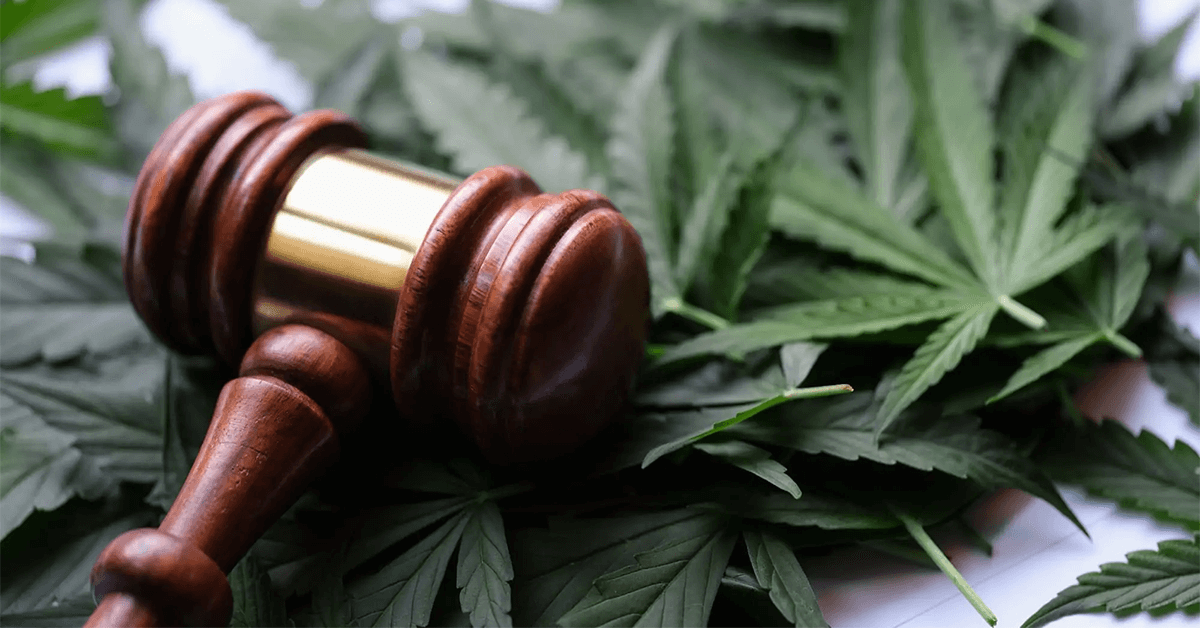
The Michigan Court of Appeals has significantly altered the legal landscape for prosecuting unlicensed cannabis operations in the state. In a decision issued Tuesday, the court closed a loophole that had previously hindered the ability to pursue felony charges against those possessing or distributing large amounts of cannabis without a state-issued license.
The ruling centers around the case People of the State of Michigan v. Julia Soto, where Soto was charged with felony possession of approximately 20 pounds of cannabis and $10,000 in cash, indicating intent to distribute. Soto's defense argued that the 2018 Michigan Regulation and Taxation of Marihuana Act (MRTMA) should prevent her from facing felony charges. They cited the statute's aim to reduce severe penalties for cannabis-related offenses.
Over the past year, ambiguity in the MRTMA's language has created a grey area in enforcement, leading to a 2023 ruling that hindered prosecutorial actions against unlicensed cannabis dealers. This confusion resulted from a previous appeals court decision involving Shaaln Kejbou, who was cultivating over 1,100 plants without a commercial license. Despite the scale of his operation and security measures that included a shotgun and dogs, the court ruled that he could only face misdemeanor charges.
The 2023 ruling marked a significant setback for law enforcement, allowing illegal operators to bypass felony charges under the MRTMA. The decision led to a marked increase in unlicensed cultivation and distribution, often at the expense of the state's regulated cannabis market. As a result, law enforcement agencies faced significant challenges in curtailing large-scale, unlicensed operations.
One notable example occurred in Calhoun County, where a warehouse in Albion run by a group of Chinese nationals was raided. Police discovered thousands of pounds of cannabis being processed in unsanitary conditions, including mold contamination and dog feces. However, due to the precedent set by the Kejbou case, no criminal charges were pursued.
The Michigan State Police and industry stakeholders have raised concerns over the potential impact of these rulings on both consumer safety and the broader cannabis industry. First Lieutenant Tom Kish, commander of the Michigan State Police Marijuana & Tobacco Investigation Section, emphasized that the presence of unlicensed operations poses a serious threat to consumer health and public safety. "The dirty product that is infiltrating the licensed market is being sold to unwitting consumers," Kish warned, citing risks of organized crime and violent incidents linked to high-stakes, unregulated cannabis activities.
In response, the court's new ruling clarifies the intent of the MRTMA. It states that while the act legalizes limited personal possession, it does not extend protections to large-scale operations that undermine the legal market. The decision affirms that unlicensed dealers distributing significant quantities of cannabis are subject to the felony provisions outlined in the state's Public Health Code.
"Possession with intent to deliver large quantities of marijuana for compensation and outside of state regulation implies an illicit dealing for profit or contribution to the illicit market," the court wrote. "Such conduct subverts the express purpose of the Act."
Legal experts believe that the ruling will have wide-reaching implications. Doug Mains, a partner at Detroit law firm Honigman LLP and co-author of the MRTMA rules, described the decision as a necessary correction. "I expect criminal defendants will continue to explore the exact relationship between MRTMA's penalty provisions and the Public Health Code," Mains stated. "But the Soto case demonstrates that MRTMA did not create a free-for-all when it comes to illicit cannabis activity. The Court of Appeals was correct that this type of large-scale trafficking subverts the purposes of MRTMA."
The ruling may help stabilize Michigan's cannabis industry, which has struggled with a dramatic decline in wholesale prices due to an oversupply of product. The price of an ounce of cannabis flower in Michigan has plummeted by 85% since the state's legal market launched in December 2019, reaching an average of just $80.14 in August. By re-establishing harsher penalties for unlicensed operations, regulators hope to reduce the illicit supply, potentially driving up prices and providing some relief to the state's struggling licensed businesses.
As for the legal ramifications, the ruling suggests a shift back to stricter enforcement, reflecting concerns over market integrity and consumer safety. This recent decision, while significant, could prompt further review by the Michigan Supreme Court to definitively settle the conflicting interpretations of cannabis laws from the Kejbou and Soto cases.
Matthew Abel, founding partner of Cannabis Counsel and former executive director of the Michigan chapter of the National Organization for the Reform of Marijuana Laws (NORML), agrees that the new ruling aligns more closely with the law's intent. "Because MRTMA addresses only ‘up to twice the amount allowed,' the older law addresses anything in excess of that," Abel stated. "I always thought this would be interpreted that way. I don't see the Michigan Supreme Court ruling any differently."
Share this article:
Spotted a typo, grammatical error, or a factual inaccuracy? Let us know - we're committed to correcting errors swiftly and accurately!
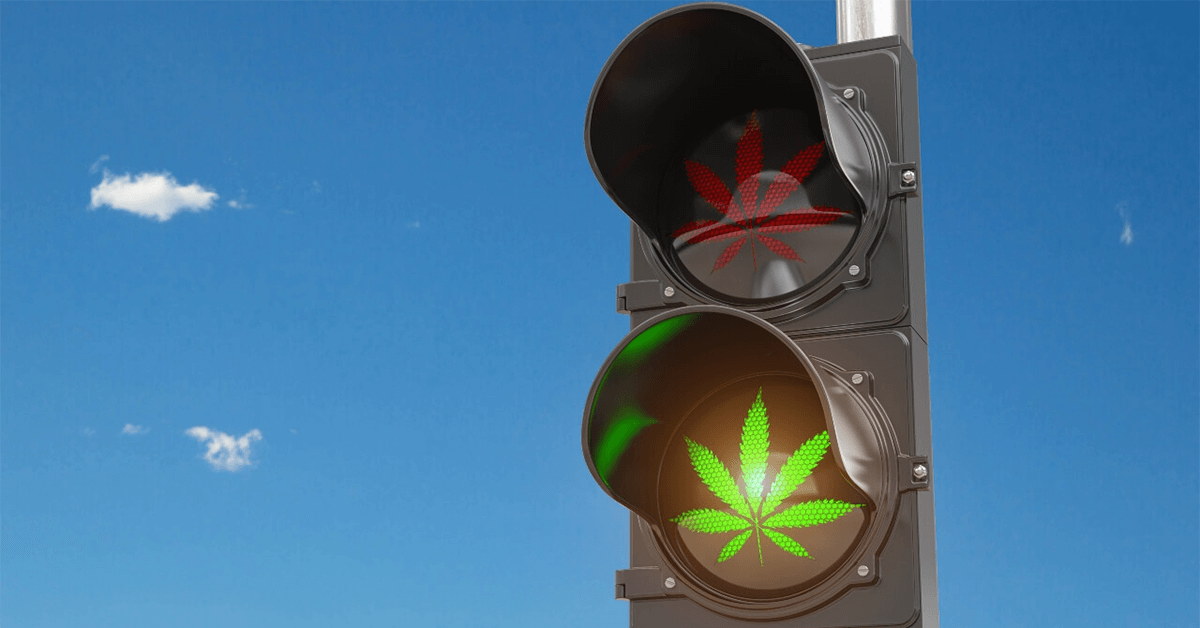

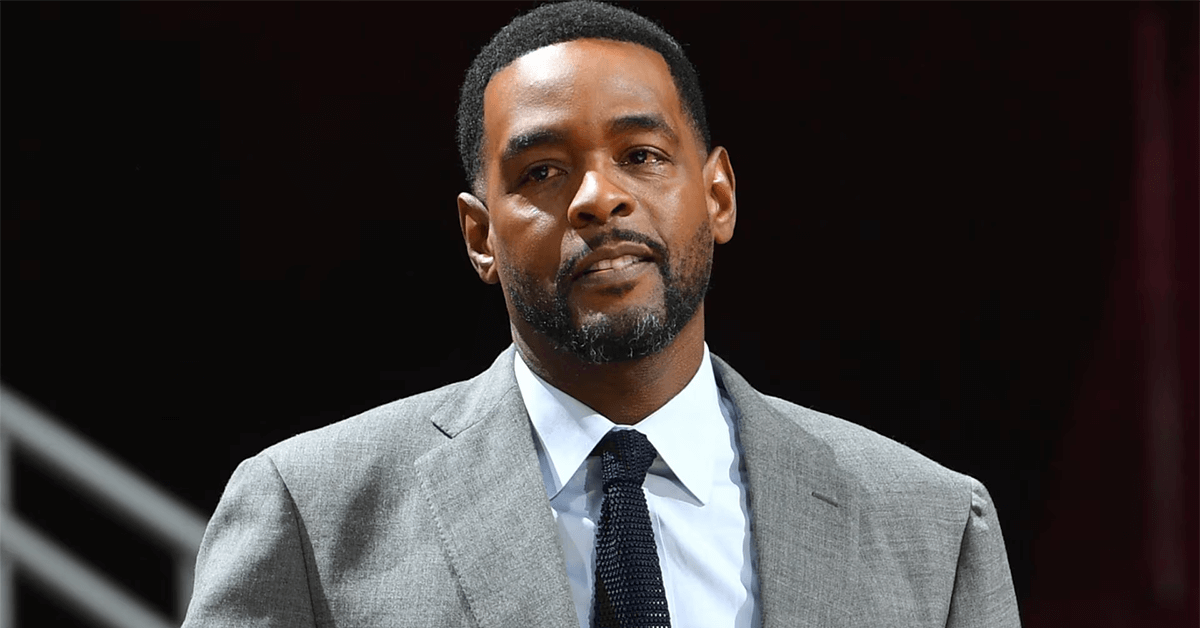
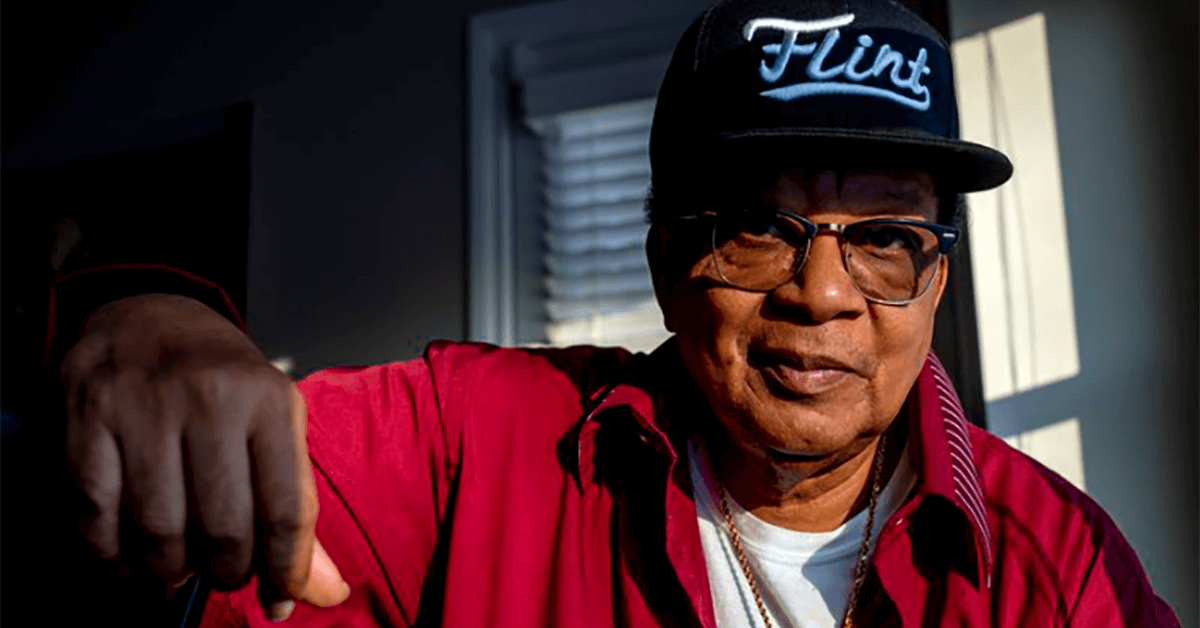
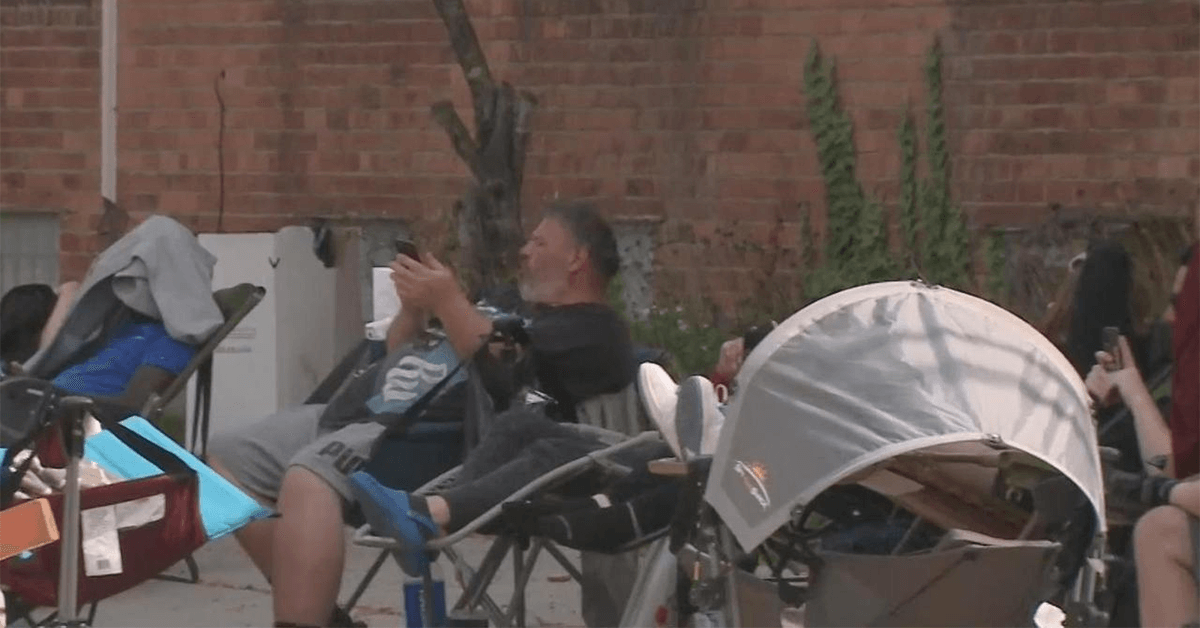



 Helpful Links
Helpful Links